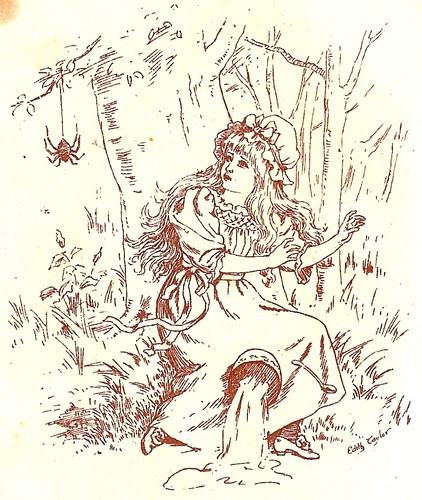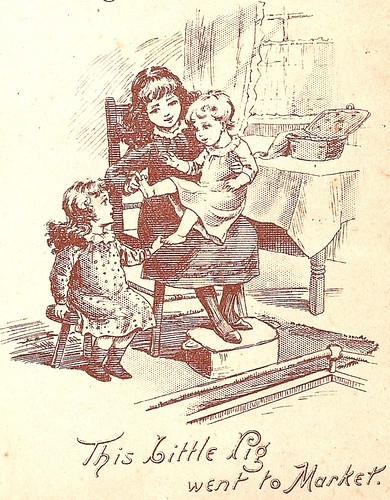From
The Complete Dream Book:
Over a period of one thousand years or more there have been interpretations of dreams that people have had. On these interpretations have been built the dream books of today. Changes in modes of living and advances in science have occurred that have made considerable differences in the manner of interpreting dreams, but many of the solutions of sleeping thoughts have remained the same.
Following are some of the interpretations that have come down through the ages.
THE ONEIROCRITICON OF ASTRAMPSYCHUS
"To talk in dreams is a sign of their truth.
To move slowly denotes unfortunate journeys.
It is good to fly, for it is the sign of an honorable deed.
Laughter in sleep presages difficult circumstances.
To weep in sleep is a sign of the utmost joy.
To eat with enemies indicates a reconciliation.
To be dead in dreams announces freedom from anxiety.
An offensive odour signifies annoyance.
If anyone offer incense to you, it portends affliction.
If you seem to be an old man, you will attain to honour.
To run in dreams shows the stability of your circumstances.
To wash the hands denotes the release from anxieties.
To clean the feet denotes the release from anxieties.
To clean the body denotes the release from anxieties.
To cut the hair signifies losses in business.
To lose the hair heralds great danger.
To see white meats is exceedingly advantageous.
To see black meats forebodes evil to one's children.
To embrace your mother is to have a lucky dream.
To embrace one's best beloved is very fortunate.
All embraces bring about protracted labours.
To kiss or to love excites the long-continued opposition of one's enemies.
(to be cont.)





